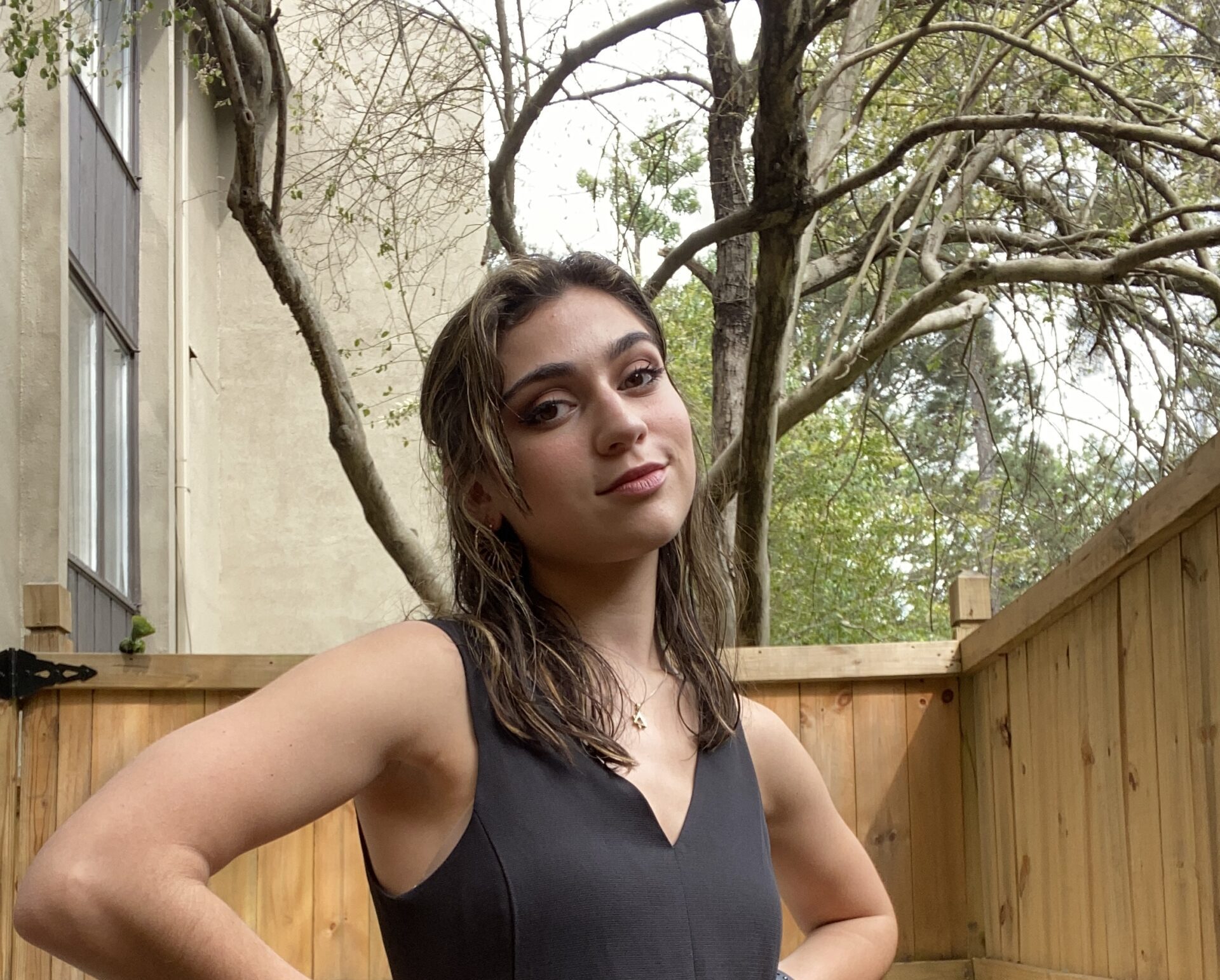One of the most important things I’ve started to do this year is intentionally set boundaries. Whether the situation is personal or professional, my first instinct is to say “yes” or assume responsibility. And while that has worked out very well many times, there have certainly been other situations where I really wished I’d set a boundary instead.
Honestly, Covid was a pretty good, go-to excuse when I felt I needed an explanation for setting a boundary. Like so many people, I’ve taken this pandemic very seriously. It has absolutely altered the way I’ve been able to work, the way I’ve been able to interact with friends, and even the way I go about my days. But I know that “Covid” can’t be used as an excuse (however valid) forever. So one baby step at a time, I’ve been working on setting boundaries to improve my mental health and quality of life.
As a recovering people pleaser, I have to admit that I did not just wake up one morning and decide I needed to start setting more clear boundaries. Instead, it’s a practice that has been mentioned either directly or indirectly in nearly every therapy session I have had in the past year. For a multitude of reasons, the simplest being that “this is just the way I am”, even considering setting a boundary can jumpstart an onslaught of anxiety. And since the nature of my anxiety is general, and we have to set boundaries practically every day, I feel a lot of anxiety. On top of the day-to-day boundary setting, I’ve also spent a lot of time ruminating over much broader questions, like “what are my career goals?”, “what do I want to accomplish in 5 years?”, or “how do I want to present myself?”. For the record, everyone I talk to reassures me that these are very normal life-altering questions for me to be asking myself at 25.
I’ve had varying degrees of success with my boundary setting and the appropriate actions and decisions that correspond. Nearly every time though, I’m incredibly anxious beforehand. And I’m talking full-body feeling anxious, internally asking myself if this is really necessary. What was surprising to me (but probably not to almost everyone else) is the sense of relief that comes immediately after. The “weight off your shoulders” trope has quite a bit of legitimacy to it. Of course, that’s not to say that once I set the boundary, or make a decision to uphold a boundary, that my worries magically dissipate. Absolutely not! In fact, there’s usually a brand new mystery box of anxiety that arrives at my figurative doorstep. But even that doesn’t negate the sense of accomplishment I feel for choosing myself in that moment.
The point of setting boundaries, as I’ve slowly begun to comprehend, is to put yourself and your needs at the front. Recognizing that these actions aren’t being “selfish”; it’s actually self care. Additionally, many boundaries are subjective – so what is right for you might not look the same as what is right for someone else. I recently listened to a podcast interviewing therapist and author, Nedra Glover Tawwab, who wrote an entire book on setting boundaries (obviously I’ve added it to my list). The whole interview was amazing, and there were 2 takeaways that I found super important. The first being, you don’t necessarily always have to give a reason-why if you’re not comfortable doing that. It is legitimate to just express how you feel/what the boundary needs to be, and leave it at that. If you feel confident or comfortable giving a reason why, then go for it. But it’s not a requirement. Boundaries are also best seen as a recommendation. Not to say that you must be flexible or compromise, instead acknowledging that this is something you’ve asked of another person and for whatever reason they might not respect the boundaries. If that’s the case, it’s up to you to take a step back and look at the relationship and decide what your actions are next. Remembering always that setting boundaries is a difficult but necessary exercise, and it’s not selfish, it’s self care.

Leave a Reply